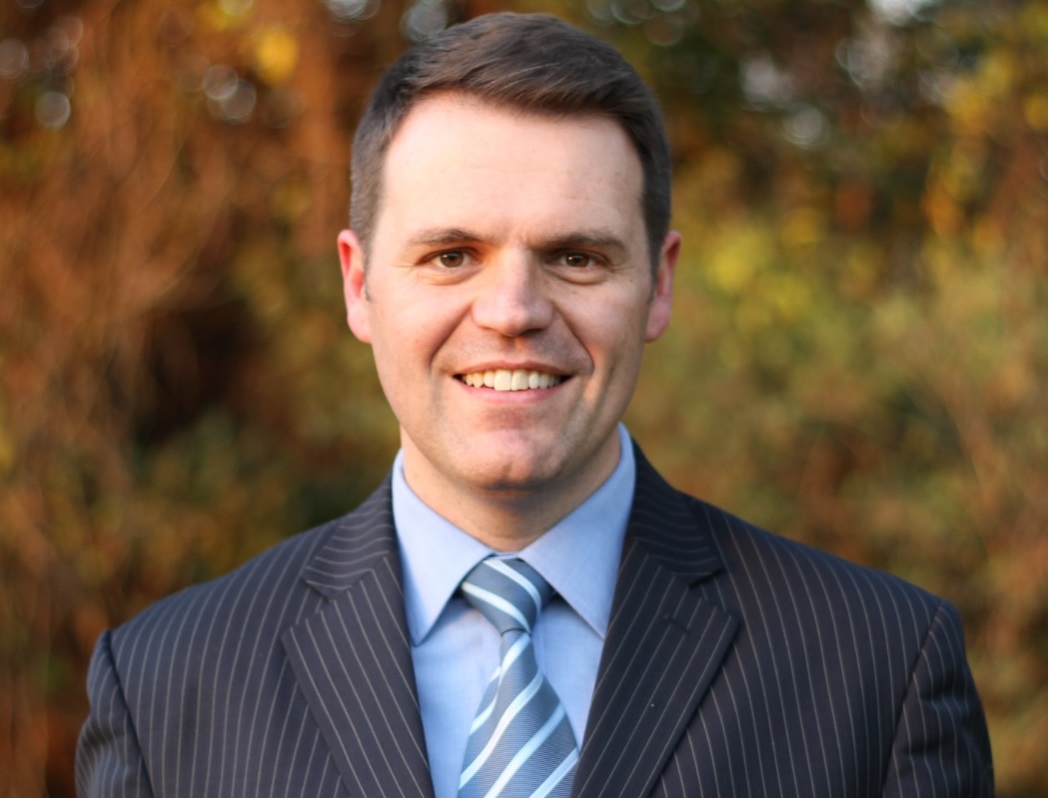Dion A. Forster is University Research Chair, Professor of Public Theology and Ethics, in the Department of Beliefs and Practices, School of Religion and Theology, in the Faculty of Social Sciences and Humanities, Vrije Universiteit Amsterdam, and an Extraordinary Professor in Systematic Theology in the Faculty of Theology, Stellenbosch University.
He holds a PhD in Systematic Theology (2006) and a PhD in New Testament studies (2017). His research is mainly focused on the interface of faith and public life (public theology), as well as themes in New Testament studies and Wesleyan and Methodist theologies. He also participates in debates around the decolonization of Christian Theology, with a focus on African Christianities. He comes from the Wesleyan and Methodist theological traditions and has contributed towards the shaping of African Methodist theology and ethics. His current research is concentrated on four projects:
(1) The development of conceptual and methodological clarity in Public Theology as a paradigm in contemporary academic theological research; this project issued in the book, African Public Theology (Langham, 2020 – also published in French and Portuguese), and his Professorial Inaugural Lecture at Stellenbosch University which is entitled: Living more decently in an indecent world? The virtues and vices of a public theologian (Stellenbosch, 2022).
(2) The nature and implications of Christian understandings of reconciliation that are coupled with justice. This project focussed on the ‘politics of forgiveness’ in post-conflict societies, and contexts that face ongoing and historic trauma and violence. Among the more notable outputs of this project are his book on Contextual Bible Study entitled, The (im)possibility of forgiveness? (Wipf & Stock, 2019) and the edited volume, Reconciliation, forgiveness and violence in Africa : Biblical, Pastoral and Ethical perspectives (SUN Media, 2020).
(3) Intersections between religion and law in contemporary democracies makes up a third field of research. The books, Freedom of Religion at Stake: Competing claims among Faith Traditions, Sates and Persons (Wipf & Stock, 2019) and, Between Capital and Cathedral: Essays on Church-State relationships (UNISA Press, 2012) contain some of the published research from this field.
(4) Finally, there is a longstanding focus on decolonial and post-colonial Wesleyan and Methodist Theologies. Some of this research is published in scholarly articles, as well as the books, Methodism in Southern Africa: A celebration of Wesleyan Mission (AcadSA, 2008) and, What are we thinking? Reflections on Church and Society from Southern African Methodists (Methodist Publishing House, 2010).
Over the years he has worked extensively on issues related to theological anthropology and intersections with race, social identity complexity theories, and justice. His first PhD focussed on intersubjective identity formation in relation to claims in cognitive neuroscience and Strong Artificial Intelligence.
Prof. Forster is the Chairman of the Editorial Board of the International Journal for Public Theology (Brill) and serves on the editorial boards of the journals Wesley and Methodist Studies (University of Manchester), The Methodist Review (Emory), and Caderno Teológico (Pontifical University of Curitiba). He is a Research Fellow in the Department of Systematic Theology and Ecclesiology at Stellenbosch University, as well as a Research Fellow at Wesley House, Cambridge, an Associate of the Allan Gray Centre for Values-Based Leadership at the University of Cape Town’s Graduate School of Business, and a member of the Berlin Institute for Public Theology. He is a member of the Society for New Testament Studies (SNTS), and is also a member of the World Economic Forum’s Expert Network and the G20 interfaith anti-racism policy task team. He also serves as a researcher in the International Research Training Group (IRTG, German DFG and South African NRF) on Transformative Religion, and the Templeton Foundation project on Divine Forgiveness.
He has been a visiting professor at Duke Divinity School (Institute for Black Church Studies, 2005), Radboud University (2017), Wesley House Cambridge (2017), the University of Gothenburg (2018), the Sárospataki Református Teológiai Akadémia in Hungary (2019), the Otto Friedrich Universität of Bamberg (2022), and the Humboldt Universität zu Berlin (2018, 2022).
In 2016, Forster served as the host for the Global Network for Public Theology in Stellenbosch, South Africa. Since 2020 he serves as Director at Large on the board of the Wesley Works Project and was the former Chair of the board of the Global Network for Public Theology and a member of the Executive of the Wesley and Methodist Studies section of the American Academy of Religion. He also currently serves as the Chairman of the Board of TEE College in South Africa, which was founded by Desmond Tutu and other ecumenical Church leaders in 1976 to offer quality, accredited, accessible, and contextual theological education for South Africans who were excluded from educational institutions during apartheid.
Forster has delivered the prestigious Hugh Price Hughes Lecture (London, 2008), and the Fernley Hartley Trust Lecture (Pembroke College, Oxford, 2018). He is a rated academic scientist with the National Research Foundation (NRF) in South Africa.
